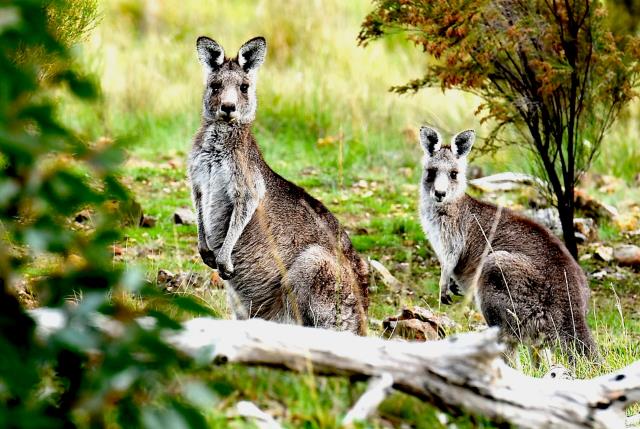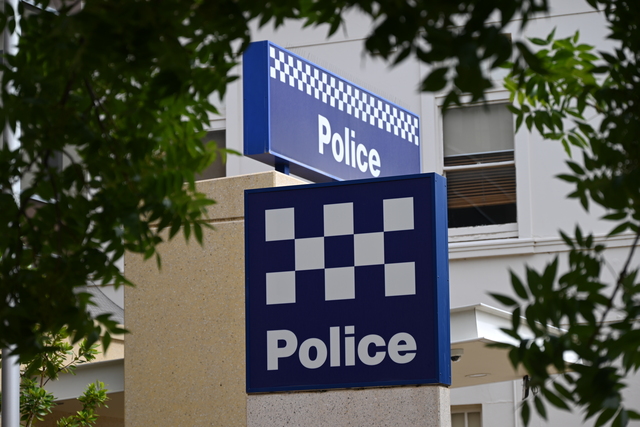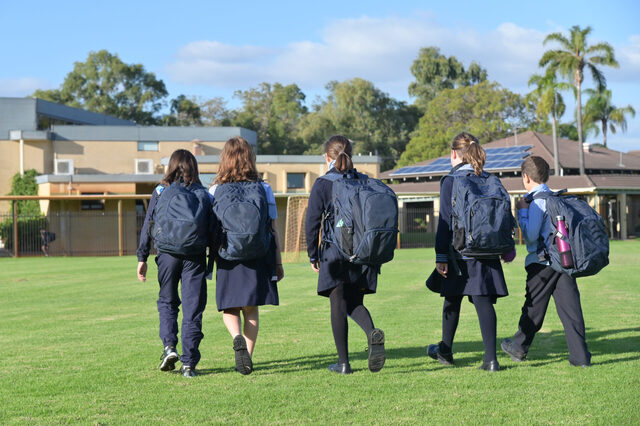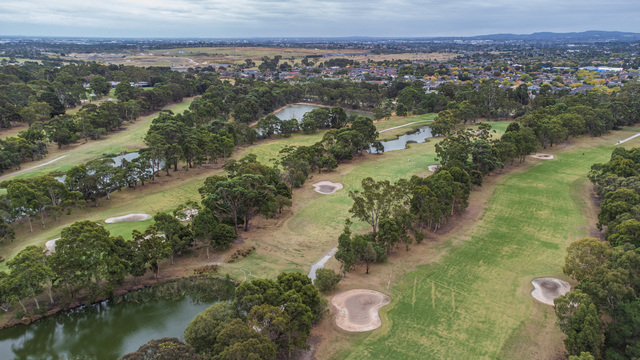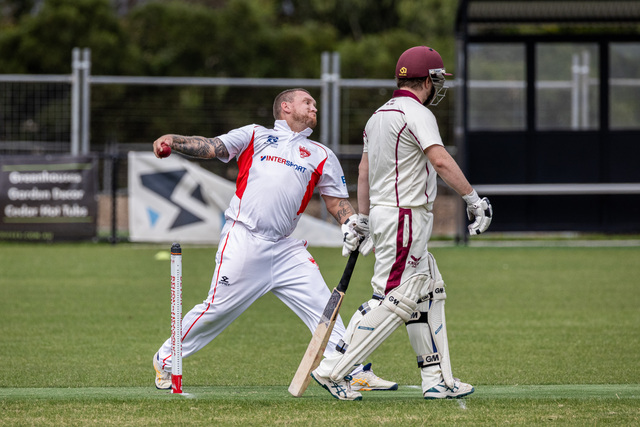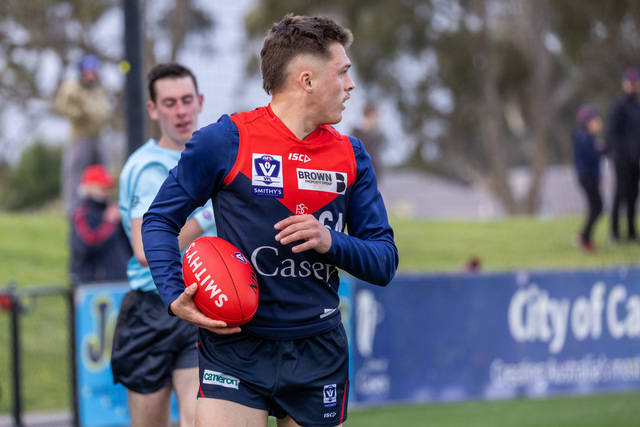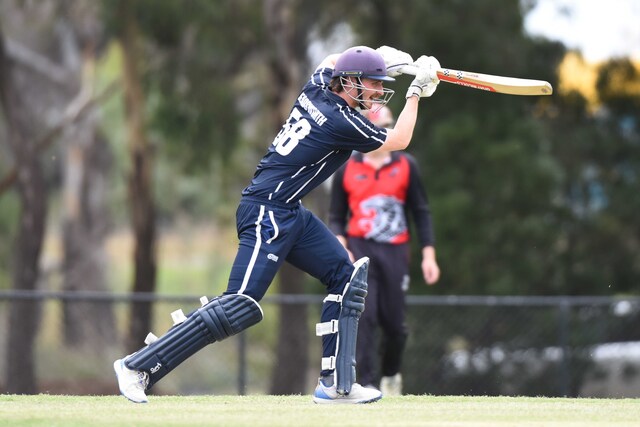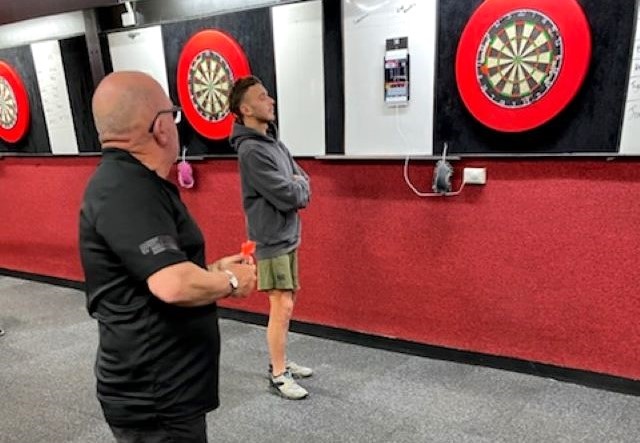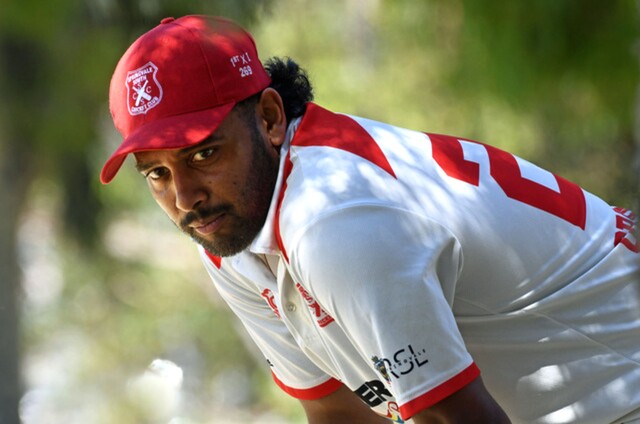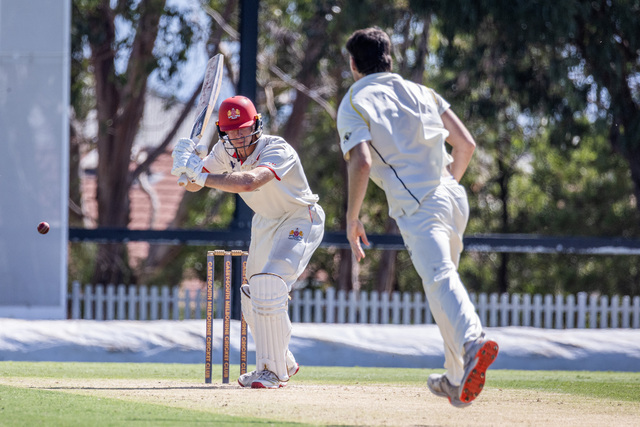The Devon Meadows Fire Brigade has issued a reminder to motorists to look out for kangaroos on local roads following a “huge spike” in collisions between vehicles and the native Australian marsupials.
Brigade captain Nathan Thorp identified the most problematic areas as the four-kilometre stretch of road on Browns Road between Craig and Pearcedale Roads, and between Pearcedale and Cranbourne-Frankston roads, near the Settlers Run Golf and Country Club.
Sharon Williamson, President of Australian Animal Rescuers is often one of the first on the scene when a kangaroo incident is reported.
She said that she has never seen this many Kangaroos in Cranbourne South before.
“We had eight in a week, two weeks ago, due to the golf course doing rabbit culling and scaring them,” Ms Williamson said.
“In one week I had five and there was one more that we released back into the Botanic Gardens.”
She is pleading for motorists to take extra care on the roads and even suggested a reduction in the speed limit along Pearcedale Road, down from 80 kilometres per hour.
“I was sitting with one (kangaroo) the other night waiting for euthaniser and it had tears in its eyes,” Ms Williamson said.
“You apologise to it, even though you didn’t do it.
“It’s heartbreaking.
“Vic Roads or City of Casey need to reduce speed limits and put warning signs up to warn people, particular those coming to the region who don’t know.”
A Department of Transport spokesperson said that Pearcedale Road is managed by the City of Casey and that it is the Council’s responsibility to propose speed and signage changes on their roads.
They suggested that actions taken to avoid hitting wildlife should be done safely, by steering straight and applying the brakes in a controlled manner.
“We urge Victorians to be vigilant for kangaroos and other wildlife when travelling around the state, and take extra caution at dusk and dawn,” the spokesperson said.
“Our teams continue to monitor roads to ensure the safety of motorists and where possible minimise the risks of wildlife around our roads.”
Acting Manager City and Asset Planning at the City of Casey Joanna Noesgaard said speed limits are set in accordance with Department of Transport (VicRoads) Speed Zoning Guidelines and approval is required by the Department of Transport for all speed zone changes.
“In 2020, the council undertook an assessment of Pearcedale Road consistent with the Speed Zoning Guidelines and found that 80 km/hr is an appropriate speed limit for the road environment and surrounding development,” Ms Noesgaard said.
“Since this time traffic conditions or crash patterns have not changed.
“Given this, the council is not considering applying to the Department of Transport for a reduction in speed limit for Pearcedale Road, Botanic Ridge at this time.
“The existing kangaroo warning signs on Pearcedale Road were reviewed in March 2022 and were found to be in a suitable condition to inform road users of the presence of kangaroos in the area.
“The council is not aware of any further issues with wildlife on Pearcedale Road, however, we will continue to monitor reports.”
Ms Williamson attributed the spate of incidents to the increase in development that the area has experienced in recent years.
“They’ve got nowhere to go.
“Where they would normally eat, there’s housing there now.
“What used to be paddocks is now housing developments.”
Kangaroo incidents commonly occur late in the afternoon and into the early evenings when the sun is setting, Ms Williamson said.
Wildlife Victoria said that their records showed a reduction in the number of incidents reported to them between 1 January and March 31 this year, compared to the same period in 2021.
A spokesperson said the variance may be attributable to callers contacting alternative response services, such as Australian Animal Rescuers, rather than the Wildlife Victoria’s 24/7 emergency response service.
Wildlife Victoria’s 24/7 response line is (03) 8400 7300.

